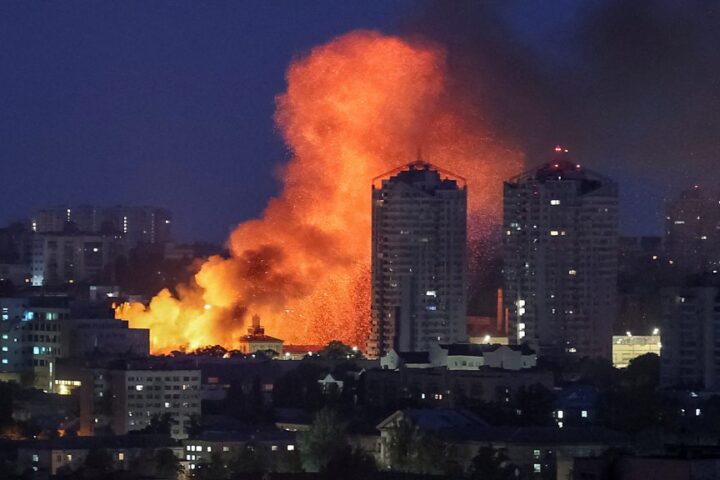- Malawi is the first low-income country to reach a staff-level agreement to receive up to about US$88.3 million (50 percent of Malawi’s IMF quota) in emergency financing through the IMF’s new Food Shock Window under the Rapid Credit Facility . Malawi has also requested Program Monitoring with Board involvement .
- This emergency financing under the new Food Shock Window will help Malawi address urgent balance of payments needs related to the global food crisis. Program Monitoring with Board involvement will support the government’s economic reforms to restore macroeconomic stability and provide the foundation for an inclusive recovery.
- Malawi’s request will be discussed by the IMF’s Executive Board as soon as possible. Malawi is implementing a comprehensive debt restructuring needed to restore debt sustainability. A credible process for the debt restructuring would need to be underway prior to the IMF Executive Board’s consideration.
Washington DC: An International Monetary Fund (IMF) team led by Mika Saito held discussions with the Malawian authorities during October 11-17, 2022, in Washington DC, following meetings in Lilongwe during October 5-8, 2022, on Malawi’s request for emergency financing under the IMF Rapid Credit Facility’s new Food Shock Window and for Program Monitoring with Board involvement.
The authorities have initiated a comprehensive debt restructuring process to restore debt sustainability and build a track record with the Program Monitoring with Board Involvement towards an IMF-supported economic program financed under the Extended Credit Facility .
At the conclusion of these discussions, Ms. Saito issued the following statement:
“The IMF team reached a staff-level agreement with Malawi on a Rapid Credit Facility through the IMF’s new Food Shock Window and Program Monitoring with Board involvement (PMB) to help restore macroeconomic stability and provide the foundation for an inclusive economic recovery. The disbursement under the Food Shock Window, of up to about US$88.3 million (50 percent of IMF quota), combined with the PMB, will help address Malawi’s urgent balance of payments needs related to the global food crisis and will support economic adjustment and structural reforms.
“IMF staff are now preparing to present to the IMF’s Executive Board for approval the authorities’ request for emergency financing through the IMF’s Food Shock Window and for Program Monitoring with Board involvement as soon as possible.
“To complement their strong reform program, the authorities are implementing a comprehensive debt restructuring needed to restore debt sustainability. A credible process for the debt restructuring needs to be underway prior to the IMF Executive Board’s consideration of Malawi’s request.
“The authorities are strongly committed to continuing their efforts to implement structural reforms and prudent macroeconomic—fiscal, monetary and exchange rate—policies, which, together with the ongoing debt restructuring process, will steer the country towards macroeconomic stability and a sustainable debt path. In turn, this will help to set the foundation for inclusive growth and improve the life of Malawians.
“The IMF mission held meetings with Minister of Finance and Economic Affairs Sosten Gwengwe, Reserve Bank of Malawi Governor Wilson Banda, and senior government and Reserve Bank of Malawi officials. The mission team thanks the Malawian authorities for the engaging and productive discussions.”

















